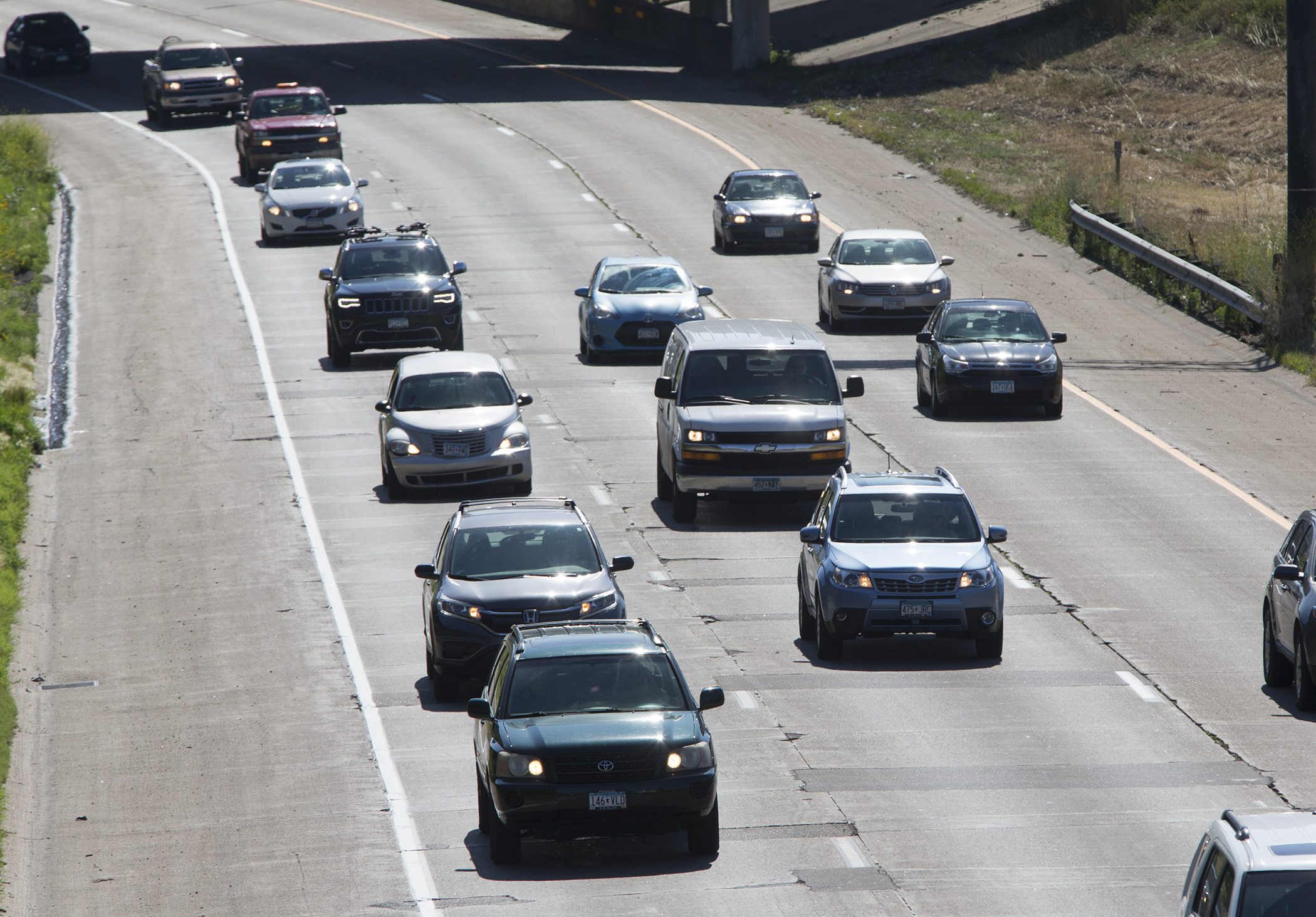How will pandemic impact transportation? House committee begins looking at post-COVID future

When the coronavirus pandemic is brought under control, most aspects of daily life should return to normal. But other things will be permanently changed.
Will people return to stores and restaurants in the same numbers now that they have become used to shopping from home? Will those who are able, remain working at home? The answer to these questions, and many others, will have a major impact on society in the years to come and that is certainly true when it comes to transportation.
As members begin to consider budgets and policies for the upcoming biennium and beyond, the House Transportation Finance and Policy Committee held its first of two informational meetings Thursday on the future of transportation in a post-pandemic world.
Rep. Frank Hornstein (DFL-Mpls), the committee chair, said it is important to acknowledge the pandemic is changing the transportation sector and there is a need to adapt to “whatever new normal emerges” and the challenges that creates.
“Issues such as connected and automated vehicles, supply chain, transit, equity, climate, the economic implications of this crisis are all on the table for us to be examined in the next few days and throughout the legislative session,” Hornstein said.
Lawmakers heard from experts at the University of Minnesota and from Giovanni Circella, who directs a future mobility program at the University of California, Davis. He told them that although there had been steep declines in travel by car, airplane, public transportation and ridesharing services, car travel is now rebounding much more quickly than the other modes.
Circella said surveys have also shown increased interest in car ownership among lower-income households or those that do not currently own an automobile.
“The big question is what will happen after the pandemic, but right now this is pointing to an increased car dependence of society,” he said.
The technological upgrades many workers have made at home to better telecommute may make that more prevalent in the future as well. And there has also been what he called a “democratization” of shopping from home, meaning that a greater cross-section of society, the elderly for example, have now embraced deliveries and may continue to buy things online.
Saif Benjaafar, a professor at the University of Minnesota’s Department of Industrial and Systems Engineering, cited four emerging forces that will shape the transportation landscape:
- increased digitization of products services and work – remote work, e-shopping, e-learning and telehealth, for example;
- the emergence of transportation enabled services – the shift from moving people to products and services to bringing those things to them;
- de-scaling of the economy – population density becomes less necessary for efficiency of delivery of goods and services as other methods become more available; and
- on-demand access – prevalence of ride-share, for example, causes less need for ownership of cars.
“After the pandemic, will we go back to our previous life?” Circella said. “The scientific research [indicates] … the longer the disruption the more likely permanent effects will remain.”
The committee plans to continue looking at the subject when it meets again next Tuesday for additional presentations.
Related Articles
Search Session Daily
Advanced Search OptionsPriority Dailies
Speaker Emerita Melissa Hortman, husband killed in attack
By HPIS Staff House Speaker Emerita Melissa Hortman (DFL-Brooklyn Park) and her husband, Mark, were fatally shot in their home early Saturday morning.
Gov. Tim Walz announced the news dur...
House Speaker Emerita Melissa Hortman (DFL-Brooklyn Park) and her husband, Mark, were fatally shot in their home early Saturday morning.
Gov. Tim Walz announced the news dur...
Lawmakers deliver budget bills to governor's desk in one-day special session
By Mike Cook About that talk of needing all 21 hours left in a legislative day to complete a special session?
House members were more than up to the challenge Monday. Beginning at 10 a.m...
About that talk of needing all 21 hours left in a legislative day to complete a special session?
House members were more than up to the challenge Monday. Beginning at 10 a.m...